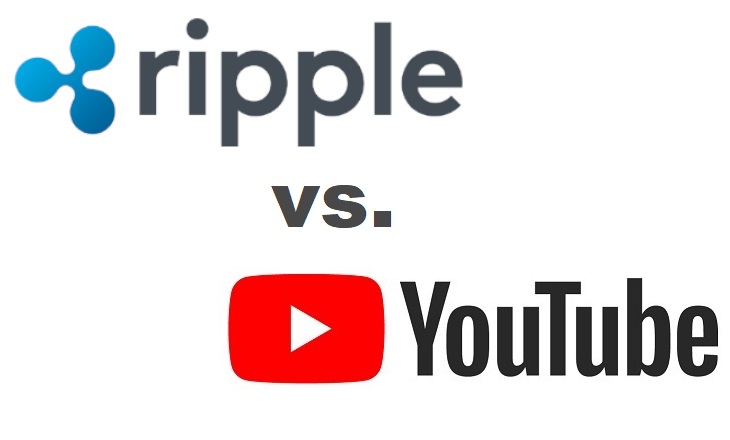It was about time. Social media platforms have been hiding for long enough behind a 25-yearold law meant to protect Internet startups from litigation over published content. It has long been rumored that the law, referred to as Section 230, was up for revision in Congress, but action has been slow. For now, Ripple Labs and its outspoken CEO, Brad Garlinghouse, intend to force the issue in the courts. According to Ripple, YouTube, a wholly owned subsidiary of Google, has dragged its feet far too long in policing obvious scam artists that impersonate Garlinghouse and defraud victims at will.
Consequently, Ripple and Garlinghouse have filed a complaint in San Francisco federal court, claiming that YouTube is guilty of “damaging their brand and reputations”. The court filings also demand that YouTube not be allowed to profit from such specified scams or to continue them, while at the same time asking for unspecified compensation.
Social media platforms have come under attack over the last few years, most notably Facebook and Mark Zuckerberg, for allowing nearly anything to go in their prolific advertising content. In this case, the issue does not involve politics, misinformation campaigns, or shady companies with get-rich schemes to profit from fear over the COVID-19 pandemic. The latest ruse employs the flagrant use of images of well-known executives to convince victims to fall for a giveaway scheme.
The fraudulent Ripple scams portray Garlinghouse, seemingly inviting the public to participate in an “XRP” cryptocurrency token giveaway. By forwarding a small sum, the unwitting victim is guaranteed a good chance of winning an even larger fortune, but as you would expect, the crooks disappear with their ill-gotten loot. Bill Gates and Richard Branson have also been besmirched in these doctored videos. Brad Garlinghouse may not be alone, but his firm’s entreaties to YouTube have apparently been ignored.
Social media platforms claim to have minions of staff and sophisticated software programs that check for such transgressions, but Ripple is not satisfied. The complaint reads: “YouTube regularly touts its robust tools for self-regulating content on its platform, which purportedly include “cutting-edge machine learning technology” and a sprawling network of human reviewers, but in this case, faced with a pervasive Scam, YouTube chose, and continues to choose, inaction.” The gauntlet is thrown.
During the Internet’s fledgling years, Congress passed what has been called “Section 230” to protect the then young startups from constant litigation due to how their users actually used their platforms. Fast forward to today, and media giants like Facebook and Amazon frequently hide behind this law to shield themselves from a plethora of potential lawsuits. Ripple, however, claims that its trademark has been damaged, and intellectual property, as it turns out, is “excluded from the general Section 230 shield”.
Garlinghouse has stated publicly that he intends to use any compensation from this lawsuit to reward victims of XRP-related scams. According to Fortune, he also has stated: “The world changes. Times change. I can understand why the 1996 Act was written, but that was 25 years ago. Platforms have been abused in a way not anticipated, and now tech leaders need to be out front, and evolve and adapt.”
Read More:
